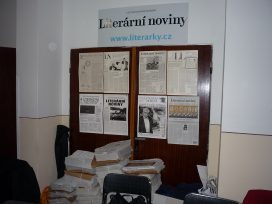From obscurantism to holiness
"Eastern Jewish" thought in Buber, Heschel, and Levinas
In public perception, eastern European Jewish thought is shrouded in mysticism. The intellectuals Martin Buber, Joshua Heschel, and Emmanuel Levinas shared the eastern European Jewish experience, an education in existential philosophy in Germany, and the ordeal of witnessing the mass murder of Europe’s Jews. They share a universalistic ethic aimed at promoting direct human responsibility. Above all, it is Levinas to whom we owe an appreciation of what one could call “eastern European Jewry”.

